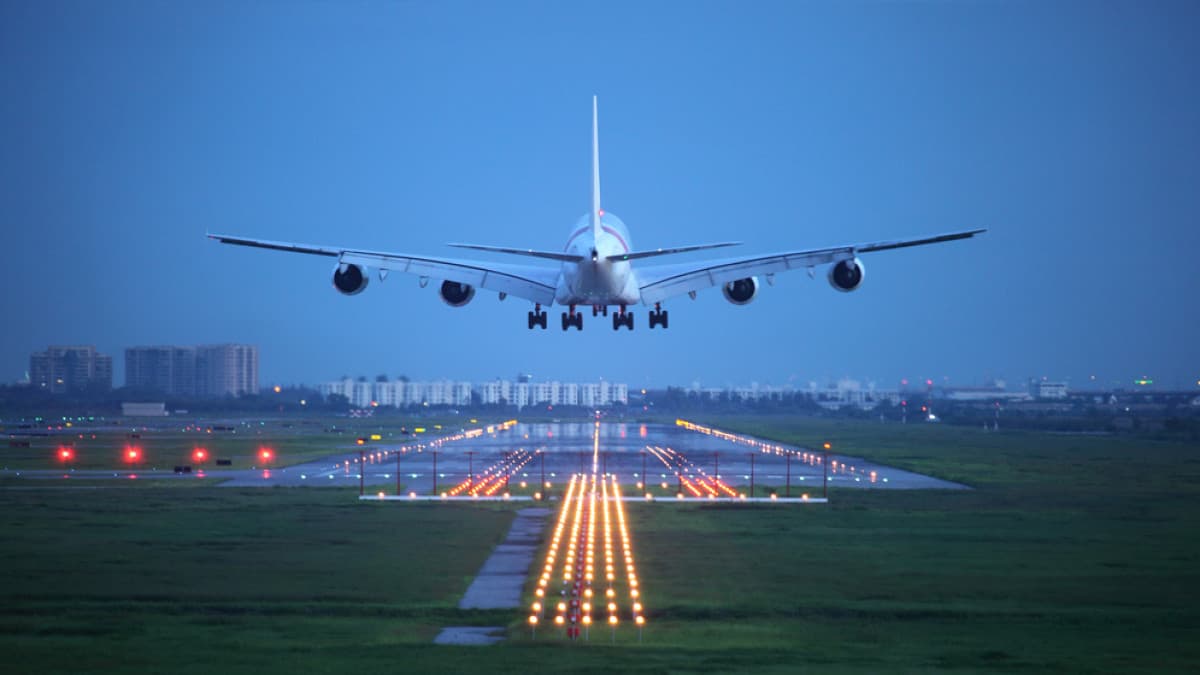Geneva, Switzerland— Total global air traffic has shot up 44.6 percent in October as against October 2021, according to the International Air Transport Association (IATA).
Total traffic in October 2022 (measured in revenue passenger kilometers or RPKs) rose 44.6 percent compared to October 2021. Globally, traffic is now at 74.2 percent of October 2019 levels.
Domestic traffic for October 2022 slipped 0.8 percent compared to the year-ago period as stringent COVID-related travel restrictions in China dampened global figures.
Total October 2022 domestic traffic was at 77.9 percent of the October 2019 level. Domestic forward bookings remain at around 70 percent of pre-pandemic level.
International traffic climbed 102.4 percent versus October 2021. October 2022 international Revenue Passenger Kilometers (RPK) reached 72.1 percent of October 2019 levels with all markets recording strong growth, led by Asia-Pacific.
Forward bookings for international travel increased to around 75 percent of pre-pandemic levels, following the re-openings announced by multiple Asian economies.
Willie Walsh, IATA’s Director General, said: “Traditionally, by October we are into the slower autumn travel season in the Northern Hemisphere, so it is highly reassuring to see demand and forward bookings continuing to be so strong. It bodes well for the coming winter season and the ongoing recovery.”
Also read: https://trendsmena.com/business/saudi-arabia-accepts-iata-travel-pass/
He pointed to a recent study to make his point. “A recent survey of European business leaders doing business across borders showed that 84 percent could not imagine doing so without access to air transport networks and 89 percent believed being close to an airport with global connections gave them a competitive advantage.”
“Governments need to pay attention to the message that air travel is fundamental to how we live and work. That reality should drive policies to enable aviation to operate as efficiently as possible while supporting the industry’s 2050 Net Zero emission goals with meaningful incentives to encourage the production of Sustainable Aviation Fuels,” said Walsh.








